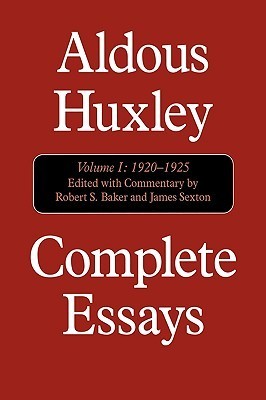
Part of Series
Author

Brave New World (1932), best-known work of British writer Aldous Leonard Huxley, paints a grim picture of a scientifically organized utopia. This most prominent member of the famous Huxley family of England spent the part of his life from 1937 in Los Angeles in the United States until his death. Best known for his novels and wide-ranging output of essays, he also published short stories, poetry, travel writing, and film stories and scripts. Through novels and essays, Huxley functioned as an examiner and sometimes critic of social mores, norms and ideals. Spiritual subjects, such as parapsychology and philosophical mysticism, interested Huxley, a humanist, towards the end of his life. People widely acknowledged him as one of the pre-eminent intellectuals of his time before the end of his life.

